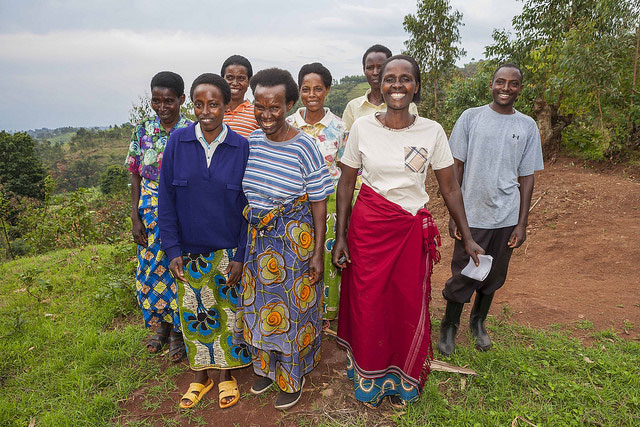On 4th July 1994, Kigali fell to the RPF. The RPF forced the Hutu army and militias into the Democratic Republic of Congo. As a result, the genocide and civil war ended in mid-July.
In an effort to escape accountability, hundreds of thousands of Hutu “genocidaires” and their accomplices, (as well as innocent refugees displaced by the violence), fled to eastern Zaire (now the Democratic Republic of Congo). Approximately two million people fled Rwanda after 1994. As a result, the RPF targeted Zaire and another war occurred. The conflict lasted approximately 6 years (over the First and Second Congo Wars) and resulted in the deaths of a further 5.4 million people. Deaths were principally caused by disease and starvation. Nine African countries and approximately 25 armed groups were involved in the war.
Most Rwandan refugees have returned to the country, although some Hutus remain in the Democratic Republic of Congo, including various militia members who were involved in wars in the Congo. Incursions into the country by the exiled Hutu radical militia remains a concern for the government of Rwanda.
After the Genocide, the RPF organised a coalition government similar to that established by President Juvénal Habyarimana in 1992. ‘The Broad-Based Government of National Unity’s fundamental law is based on a combination of the constitution, the Arusha accords, and political declarations by the parties. The MRND party was outlawed.
The first post-war presidential and legislative elections were held in August and September 2003. Paul Kagame (leader of the RPF) received 95% of the vote in the national election which had a voter turnout of 96%. The Coalition, which includes the RPF, received 73% of the vote. Paul Kagame was elected to a seccond term in office in 2010, and a third term in 2017, which will run through to 2024.
The prison system remains a divisive issue in Rwanda; the release of prisoners into the community has caused problems for survivors who face intimidation, and in some cases, fear of murder, (as a result of in retaliation for victims giving evidence at gacaca trials).
The current Rwandan government prohibits any form of discrimination by ethnicity, race or religion. The government has also passed laws prohibiting emphasis on Hutu or Tutsi identity in most types of political activity.

